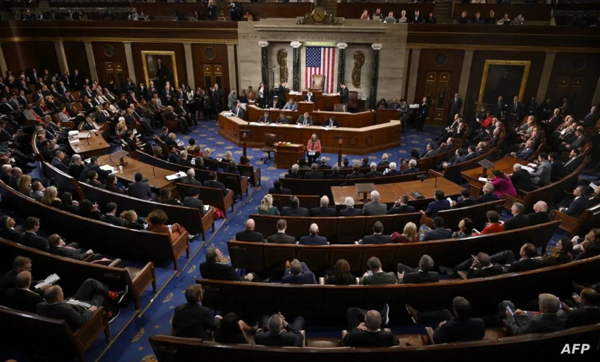
The U.S. Securities and Exchange Commission, which regulates financial markets, has revoked a measure that penalized banks for holding cryptocurrencies, a significant step in the deregulation promised by President Donald Trump and well received by the sector that celebrates this decision.
The measure, known as SAB 121 and created in 2022, imposed requirements on financial entities that increased the risk associated with digital asset custody services, which in turn raised their costs. This situation discouraged the adoption of cryptocurrencies in the banking sector, according to experts.
The American Bankers Association (ABA) has been urging regulators and lawmakers for some time to eliminate this measure, which made it difficult for them to offer secure digital asset services to consumers. This, along with support from the cryptocurrency sector, led to a bipartisan bill last year in Congress, vetoed by former President Joe Biden.
The revocation of the measure has been well received and comes after the interim SEC Chairman Mark Uyeda established a cryptocurrency working group to design new regulatory frameworks and collaborate with Congress on developing specific rules for crypto assets. The head of that working group, Republican Commissioner Hester Peirce, praised the revocation of the measure in a message, calling it "interpretive guidance."
This step marks a shift from the hardline policy against cryptocurrencies led by former SEC Chair Gary Gensler and reflects Trump's new open stance towards cryptocurrencies, now allied with such assets. Major financial names like BlackRock, Bank of America, and Goldman Sachs, restricted by regulations, have begun to offer their clients exposure to cryptocurrencies through index funds (ETFs) linked to Bitcoin prices, among other products.














